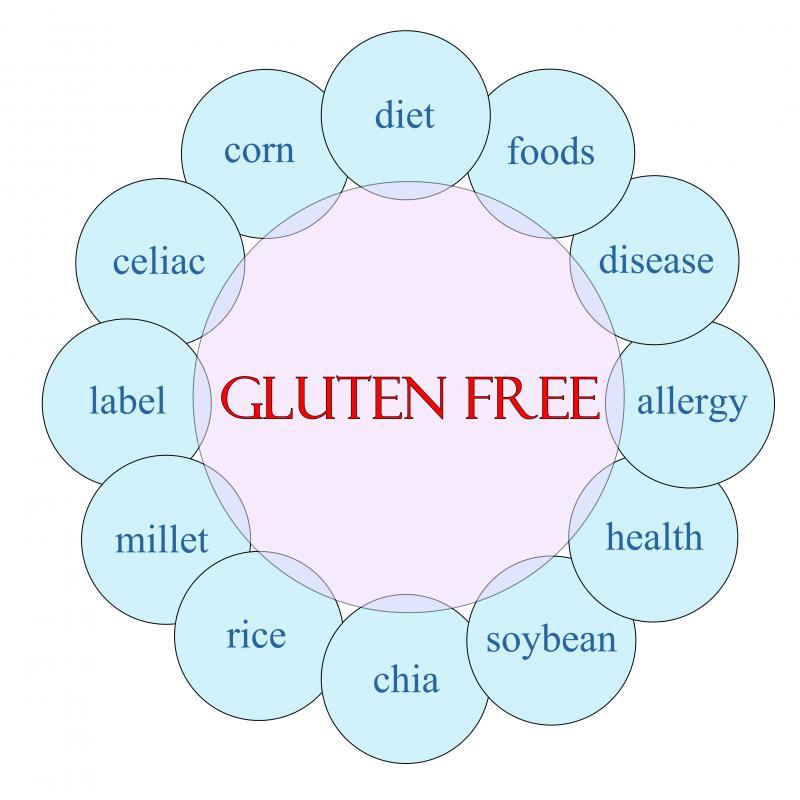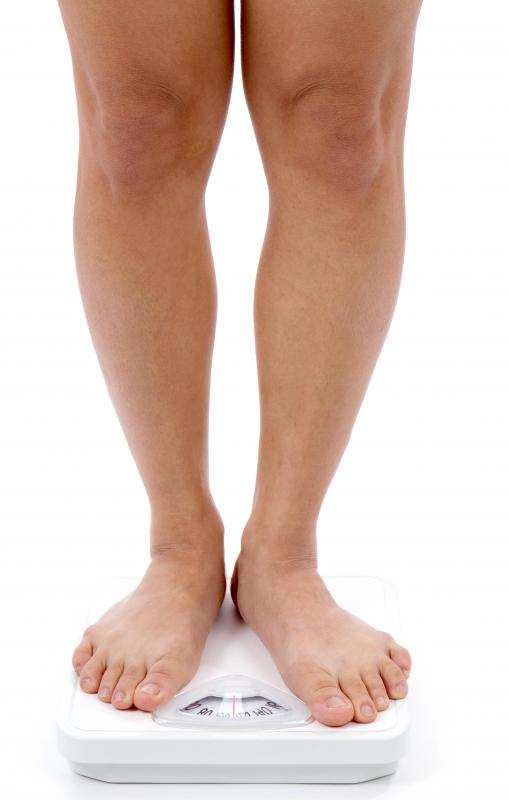At TheHealthBoard, we're committed to delivering accurate, trustworthy information. Our expert-authored content is rigorously fact-checked and sourced from credible authorities. Discover how we uphold the highest standards in providing you with reliable knowledge.
What is Ileitis?
The condition ileitis refers to a swollen or inflamed part of the intestines. In this case the ileum or lower part of the small intestine is involved, and this can be painful and uncomfortable to endure. In literature on ileitis, the most common cause of this condition is the presence of Crohn’s disease, but there are other causes, and a diagnosis of this condition is not necessarily a diagnosis of Crohn’s.
As stated there are variable causes of this condition. If Crohn’s disease is present, it may result in inflammation of the small bowel. Infection can sometimes result in this condition too, and people with conditions like diverticulitis, irritable bowel syndrome, or celiac disease could develop this illness. There are also a few diseases like tuberculosis or Yellow Fever that can manifest this disease.

The main symptoms may vary by person, but one common symptom is discomfort in the abdomen. People can define this differently as sharp, pulling, sensitive to touch or other. Usually a swollen lower intestine causes diarrhea which can be quite severe and it may make it hard to eat so that people lose weight easily. On scans or x-rays of various types the ileum may appear swollen or thickened and this can help determine if the condition is present.

One of the concerns of not diagnosing or treating ileitis is that it can cause continued pain and weight loss, and it may result in severe complications. These include bleeding in the gastrointestinal tract. Untreated ileitis may also result in intestinal blockage, which can be fatal without removal. To avoid the condition progressing to this point, doctors may have a variety of treatment suggestions.

In early days after a diagnosis, people might be put on a very light and simple diet, and they’re also likely to be given antibiotics to kill any possible infection present. People are often told to rest and not engage in strenuous activities. To address pain, pain medicines might be given, but this is a tough call since many opioids cause constipation, which may be very undesirable. A better option is to reduce pain by reducing swelling, and treatment for this tends to involve giving corticosteroids like prednisone. People might remain on several medications for a while, depending on the underlying cause.

When ileitis doesn’t respond to treatment, a surgical approach could be considered. This is a surgery that most physicians would avoid when at all possible because it means changing life habits forever. With it, people will need to collect waste from pouch in their stomachs, usually at least two to three times a day. In some cases, though, the ileostomy is the only potential treatment and without it, people remain in chronic pain or have continued unacceptable risk for complications.
AS FEATURED ON:
AS FEATURED ON:
















Discussion Comments
If there are any signs of bleeding in the intestinal tract, the best thing to do is to seek treatment immediately. Blood in stool can be a sign of Crohn's disease, ulcerative colitis or something even worse. Leaving those conditions untreated could result in severe illness so bleeding is not something to ignore.
Post your comments